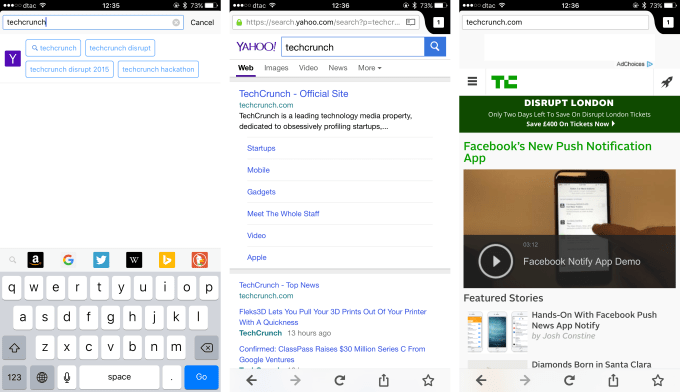
Late ultimate 12 months, Mozilla debuted the general public version of its Firefox for iOS net browser, and these days the corporation is rolling out a tremendous update in terms of its protection. in line with an announcement posted to Mozilla’s weblog, the browser will now introduce several facets geared toward enhancing the security protections obtainable within the app – useful primarily within the case of a lost or stolen iPhone, for instance.
For starters, the Firefox Password manager, which is the function that retailers and autofills in your usernames and passwords across the internet, can now be covered by means of a four-digit passcode. That capability in case your iPhone ends up “out of your palms,” says Mozilla, your passwords won’t be in a position to be accessed through the third party in possession of your gadget. Of course, to even be in a position to dig into the browser to start with, that adult would have had to have bypassed the iPhone’s personal passcode lock or touch identity insurance policy.
That being referred to, the added protection should allow for peace of mind to people who extra deeply care about their privacy.
additionally, for these gadgets where touch id is purchasable, you can also decide to use your fingerprint to entry your saved logins in its place of a passcode, Mozilla notes.
whereas the protection enhancements are the standout points for this latest edition of Firefox for iOS (version 3.0), there are a couple of other extra minor improvements below the hood, also arriving in nowadays’s build. That contains things like the use of Alexa’s ‘appropriate 5’ sites at the default suggested tiles for brand spanking new clients, the ability to delete these default suggested websites, stronger coping with of hyperlinks to Apple Maps and third-birthday party apps like Twitter, the inclusion of default domains for inline autocompletion, and more.

for those who have yet to experiment with Firefox for iOS, the browser has been attempting to distinguish itself from Safari, Chrome and others with a whole lot of points, including what it hopes is more desirable search prediction, an easier to use ‘visual’ tab administration system, and incognito searching. however on the conclusion of the day, the browser doesn’t do enough to really stand out versus its rivals – and that’s mirrored in its App keep ranking: #349 average (though a greater promising #18 in Utilities).
however, superior protection features may provide Firefox a lift amongst a particular crowd. while different browsers offer password sync, no longer all can help you give protection to your data like this.
for instance, Chrome’s “smart Lock for Passwords” insurance policy function works in Chrome and on Android, not iOS. Chrome, besides the fact that children, best displays your login suggestions within the Chrome iOS app – to manipulate your passwords, you need to click on through to a site. (however here, your login suggestions could be helpfully saved for simpler – aka much less secure – access.) in the meantime, when it comes to Safari, Firefox for iOS is simply catching up – to access your passwords from iOS’s Settings, you must enter your passcode or use contact identification.
No comments:
Post a Comment
Note: only a member of this blog may post a comment.